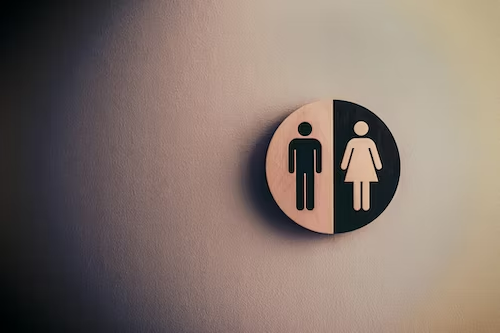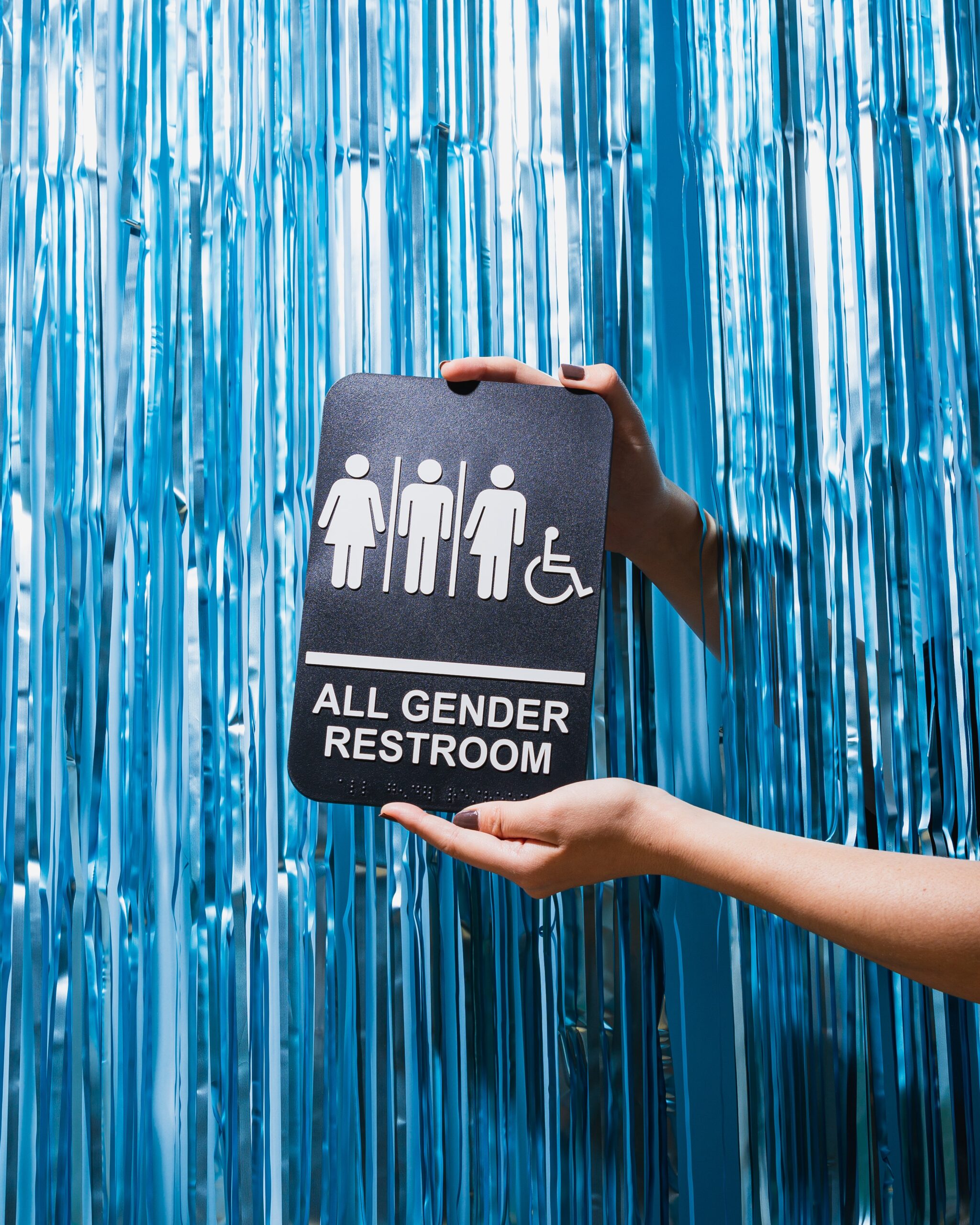-

Gender-Neutral Pronouns: The Importance of Inclusive Language and How to Use Them
In recent years, the use of gender-neutral pronouns has become increasingly prevalent. As society becomes more aware of issues surrounding gender identity and expression, many people are seeking ways to be more inclusive in their language. In this article, we’ll explore the concept of gender-neutral pronouns and how they can be used to promote gender…
-

The Importance of Gender Neutral Bathrooms
In recent years, the push for gender neutral bathrooms has become increasingly prevalent. Many individuals and organizations have advocated for the use of these facilities in public spaces, including schools, workplaces, and government buildings. So why are gender neutral bathrooms so important? Here are a few reasons: Conclusion In conclusion, gender neutral bathrooms are an…
-

The Grammar of “They” as a Singular Pronoun
The use of “they” as a singular pronoun has become increasingly common in recent years, particularly as a way to refer to individuals who identify as non-binary or genderqueer. However, there has been some debate about whether this usage is grammatically correct. In this essay, we will explore the grammar of “they” as a singular…
-

Thoughts on “Latinx”
The Gendered Nature of Spanish Spanish, like many other Romance languages, is a gendered language. This means that nouns and adjectives are assigned a gender, either masculine or feminine, which affects the use of pronouns and other grammatical structures. In Spanish, the masculine form is typically used as the default, even when referring to mixed-gender…
-

Why People Use They/Them Pronouns
Introduction The use of they/them pronouns as a gender-neutral alternative to he/him and she/her has become increasingly common in recent years, particularly among individuals who identify as non-binary or genderqueer. While some people may view the use of they/them pronouns as unconventional or unnecessary, for many individuals, they are an important way to express their…